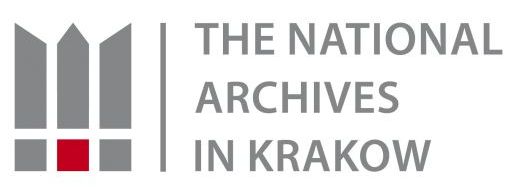CITIZENS, ASSOCIATES AND OUTSIDERS
Residents of the Royal Free Town of Podgórze 1784-1915

The universal of Emperor Joseph II in February 1784 and the privileges from June 1785 defined Podgórze as a royal free town “where outsiders settling there will not only be willingly accepted, but also given protection, help, freedom and rights”. Merchants and craftsmen...

In the mind of the Emperor, the privileges from the years 1784–1785 meant that owners of property and craftsmen settling in Podgórze could obtain town citizenship, and their descendants inherited them together with property or if they continued the craft. The privileges resulting from...

The right to grant honorary citizenship “in recognition of public service” was made possible with a Borough Law for the Kingdom of Galicia and Lodomeria with the Grand Duchy of Krakow from 12 August 1866. On its basis, the Borough Council (from 1889, the Town Council)...

From the beginning of the 19th century, the law of association with a particular town that applied in the Austrian monarchy was given to all people born in a place with parents associated with the same town, as well as people regarded as associates due to a 10-year-long stay, settling in the place...

Based on the Borough Laws of 1866, in August 1867 the Borough Council of Podgórze was established. Selected during elections in February 1867, the Council was a representative body for the local government of the borough – both legislative and supervisory. The number of councillors...

Based on rules from the Borough Law of 1866, the body managing the borough and its Council was the Borough Authority, which chose the Borough Council from its own members, for a period equalling its own term of office. The Borough Authority consisted of a borough supervisor (mayor)...

Juliusz Franciszek Ripper was born in Podgórze on 6 March 1847. He was the son of Franciszek, a citizen of Podgórze, an industrialist and councillor; and grandson of Franciszek Senior, a citizen of Podgórze and owner of an inn, who arrived there in approximately...

The inhabitants of Podgórze willingly took part in mass events, e.g. in the Rękawka festival, in other words, a celebration held on the third day of Easter on Lasota Hill near the Church of Saint Benedict, fun with medieval roots, when it was celebrated on the Krakus Mound...
